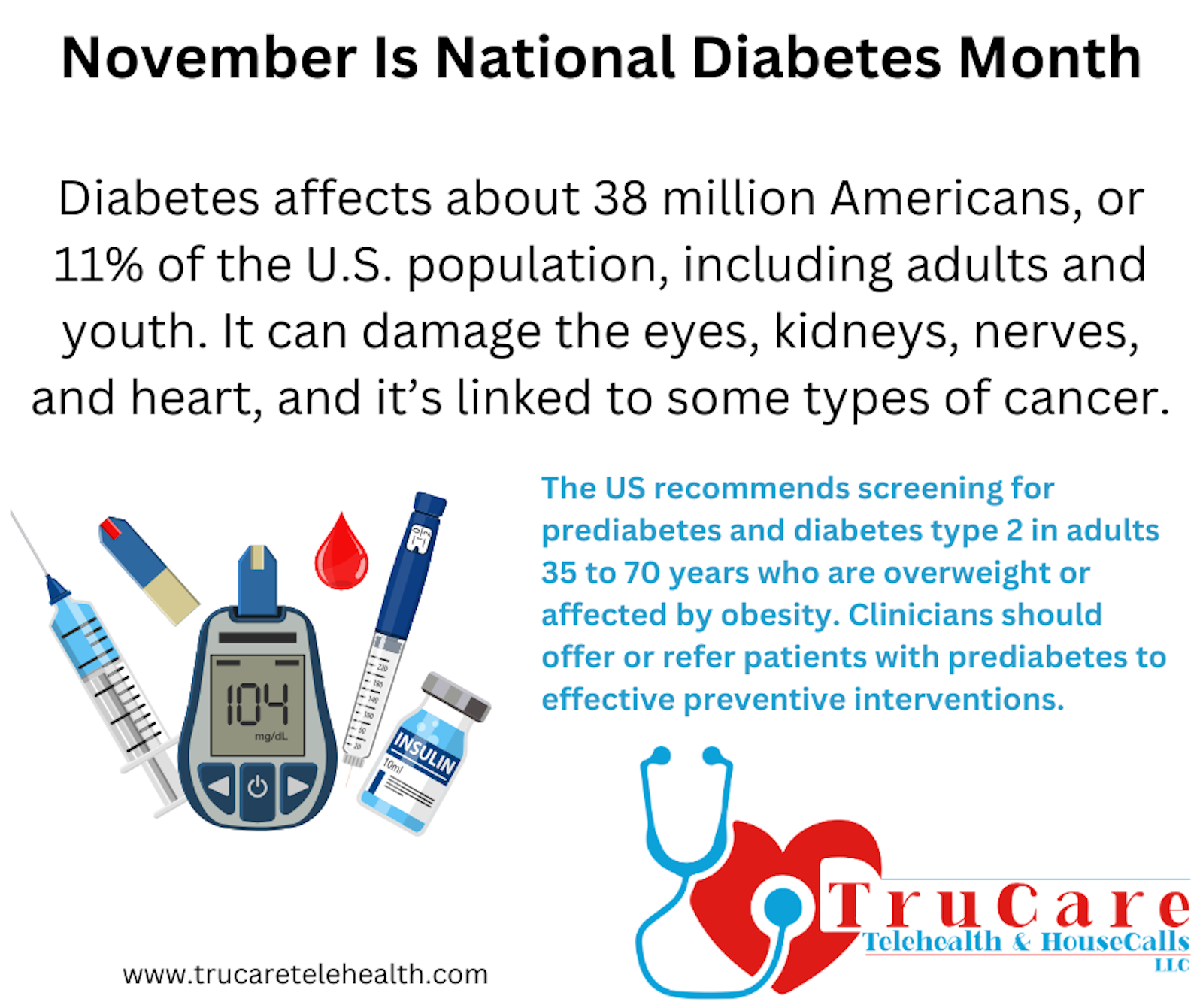

Diabetes Prevention: Taking Control Before It’s Too Late
In the United States, 96 million adults are living with prediabetes—that’s 1 out of every 3 adults. Prediabetes means your blood sugar levels are higher than normal, but not high enough to be diagnosed as type 2 diabetes. Unfortunately, without intervention, prediabetes often progresses to type 2 diabetes within 5–10 years.
This is not just about numbers on a lab report. Prediabetes raises the risk of heart disease, stroke, and type 2 diabetes—all of which can significantly reduce both quality and length of life. The good news? Prediabetes can often be reversed.
The Role of Weight in Prediabetes
Most people with prediabetes struggle with overweight or obesity, which significantly increases the risk of developing diabetes. Research shows that even a modest 5–10% weight loss can greatly reduce the likelihood of progression to type 2 diabetes.
But here’s the challenge: weight loss is hard. Genetics account for up to 75% of a person’s tendency to gain weight, and our environment makes matters worse. With highly processed, calorie-dense foods everywhere, and busy lifestyles limiting physical activity, maintaining a healthy weight feels like an uphill battle.
That’s why conversations about weight management must be handled with compassion and empathy. Many people living in larger bodies have experienced stigma and judgment from healthcare providers, family, and even society. To truly support people at risk for diabetes, we need to acknowledge those experiences and approach these discussions with respect and understanding.
Monitoring Your Health
If you have prediabetes, your provider should check your hemoglobin A1c at least twice a year to monitor whether your blood sugar is rising into the diabetes range. Staying proactive gives you the best chance to make lifestyle changes before diabetes sets in.
The National Diabetes Prevention Program (DPP)
The CDC’s National Diabetes Prevention Program (DPP) is one of the most effective tools we have to fight prediabetes. This yearlong lifestyle change program is proven to help people lose weight, increase physical activity, and improve overall health.
Here’s what makes it different:
Why a Yearlong Program?
At first, a year may sound like a long time. But building new habits, learning new skills, and gaining confidence takes time and practice. As you progress, you’ll start noticing changes in how you feel, your energy levels, and even how you look.
Remember: your health is your wealth. Taking steps today to prevent or reverse prediabetes is an investment in a longer, healthier, and more fulfilling life.
Take Action Today
You have the power to change the course of your health. Don’t wait until prediabetes becomes type 2 diabetes. Start today.